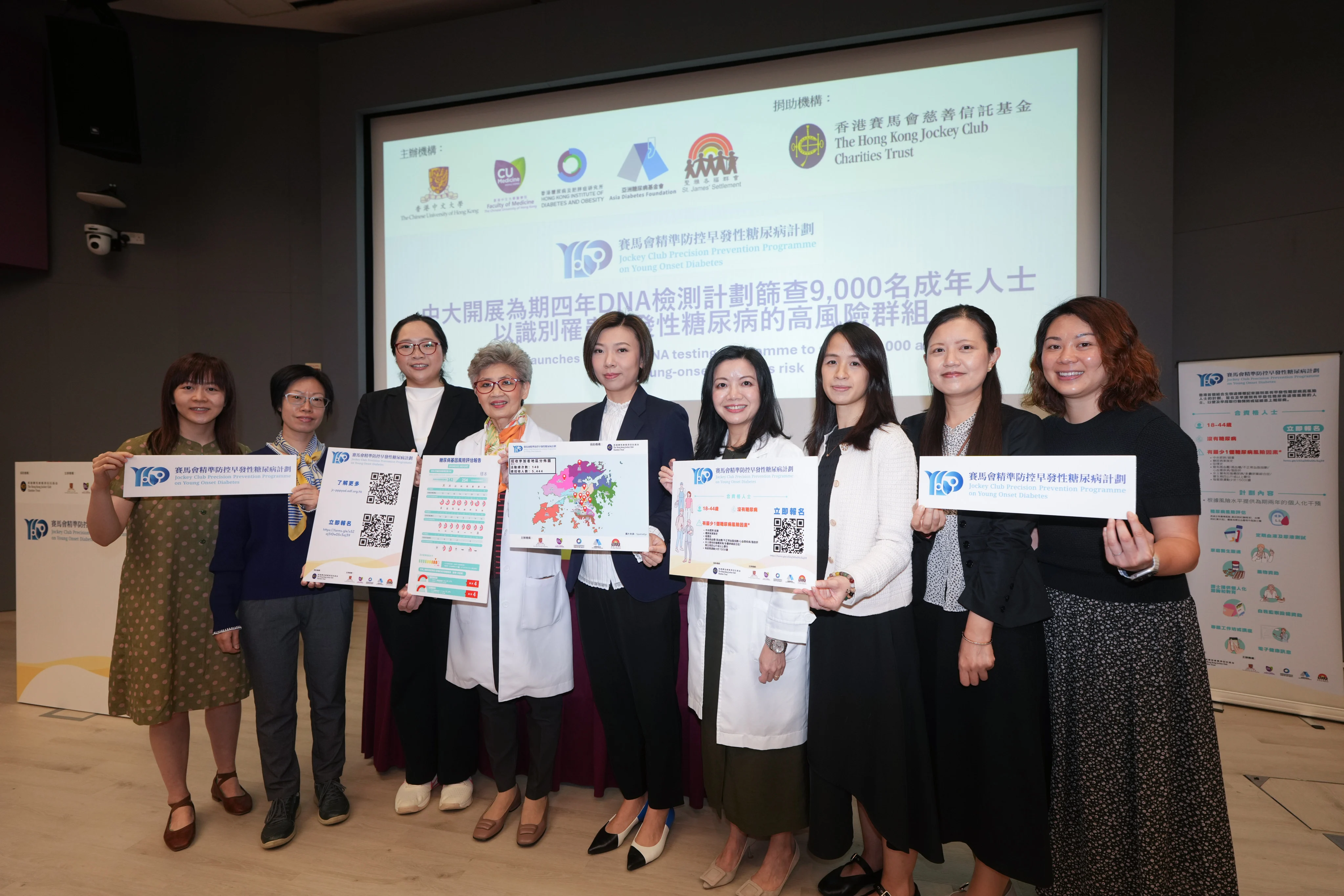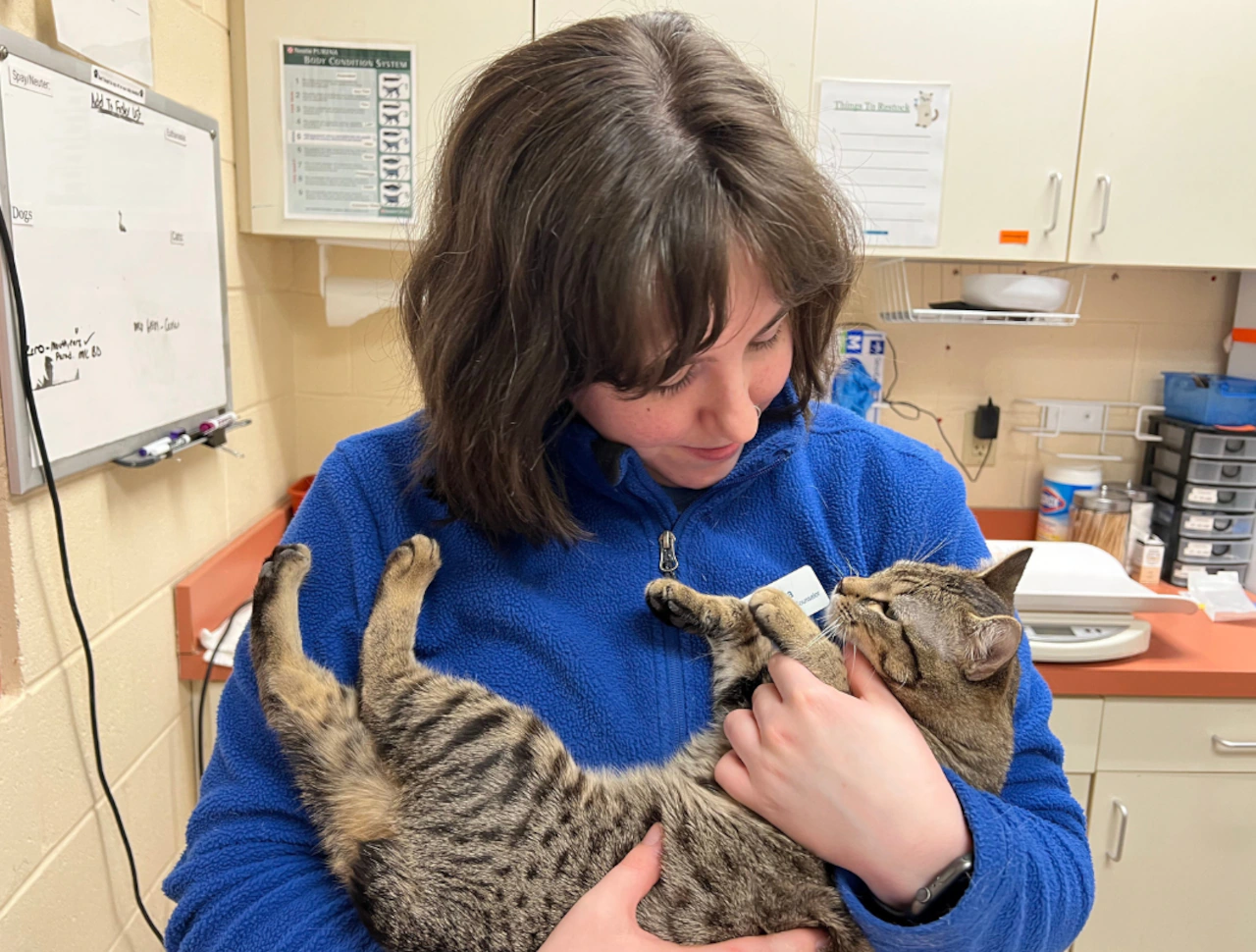Copyright scmp

A top university in Hong Kong has said it aims to test 9,000 adults aged under 44 to identify their risk of diabetes and provide interventions to delay or prevent its onset. Researchers from the Chinese University of Hong Kong (CUHK) also revealed on Monday that they had so far tested more than 3,300 people with at least one risk factor, such as a family history of diabetes or obesity, and found that 45 per cent of them were at risk of the disease. Young-onset diabetes (YOD), which is diagnosed before the age of 40, could lead to higher risks of complications and even death, undermining patients’ quality of life, they said. Citing study figures, the researchers said that one in every five diabetes patients in the city was diagnosed before the age of 40, while the prevalence of type 2 diabetes was rising among residents under 40. “Young-onset diabetes is a silent killer globally,” said Professor Andrea Luk On-yan from the CUHK’s department of medicine and therapeutics. According to Luk, the incidence of cardiovascular and chronic kidney diseases has been higher among people with young-onset diabetes than those diagnosed later in life. Meanwhile, the mortality rate of patients with early-onset diabetes was consistently seven to nine times higher than that of the general population, she added. But with early intervention, complications associated with the disease can be effectively managed, saving patients more than HK$8,000 (US$1,029) in medical expenses per year, according to Juliana Lui Nga-man, an assistant professor in the same department. The university, therefore, launched a programme to identify residents at higher risk of diabetes and offer early intervention to help manage the disease. The Hong Kong Jockey Club has donated HK$61 million to support the programme. The programme aims to screen 9,000 Hong Kong adults aged between 18 and 44. To be eligible for the test, participants must have at least one risk factor, such as a family history of the disease, exercising less than 150 minutes per week, or obesity. As the first step of screening, participants will have their saliva and blood samples collected, and the research team will use an algorithm to assess their risk of the disease based on physical, genetic and lifestyle factors. Participants will receive tailored reports on their risk levels and recommendations to prevent or delay the onset of diabetes. Meanwhile, those classified as high-risk will be scheduled to undergo a two-hour oral glucose tolerance test to confirm a diagnosis and receive appropriate intervention plans. Professor Juliana Chan Chung-ngor, director of the Hong Kong Institute of Diabetes and Obesity at CUHK and the project’s principal researcher, said that such arrangements were cost-efficient to detect people with high risks. She added that the reports could effectively help participants reduce their risk of developing diabetes, even if they were not currently affected, as the disease posed “a lifelong risk”. “That is the power of genetics, telling you what your innate risk is and how you can interact with various variables to modify the risk in the long term.” So far, the team has tested 3,328 people and found that 45 per cent of them were classified as high-risk, while 8.5 per cent were diagnosed with the disease. Among those diagnosed with the condition through the programme was office clerk Amy Ho, 45. She said she had suffered mild fatigue and hand tremors for more than two decades. Ho came across the programme on social media and decided to give it a try. She was diagnosed with the disease through the tests. She said she had received doctor consultations and medication afterwards and with the help of the interventions, her condition had improved and her hand tremors had subsided. According to Chan, Ho will not suffer diabetes complications if she strictly follows the doctor’s advice.



